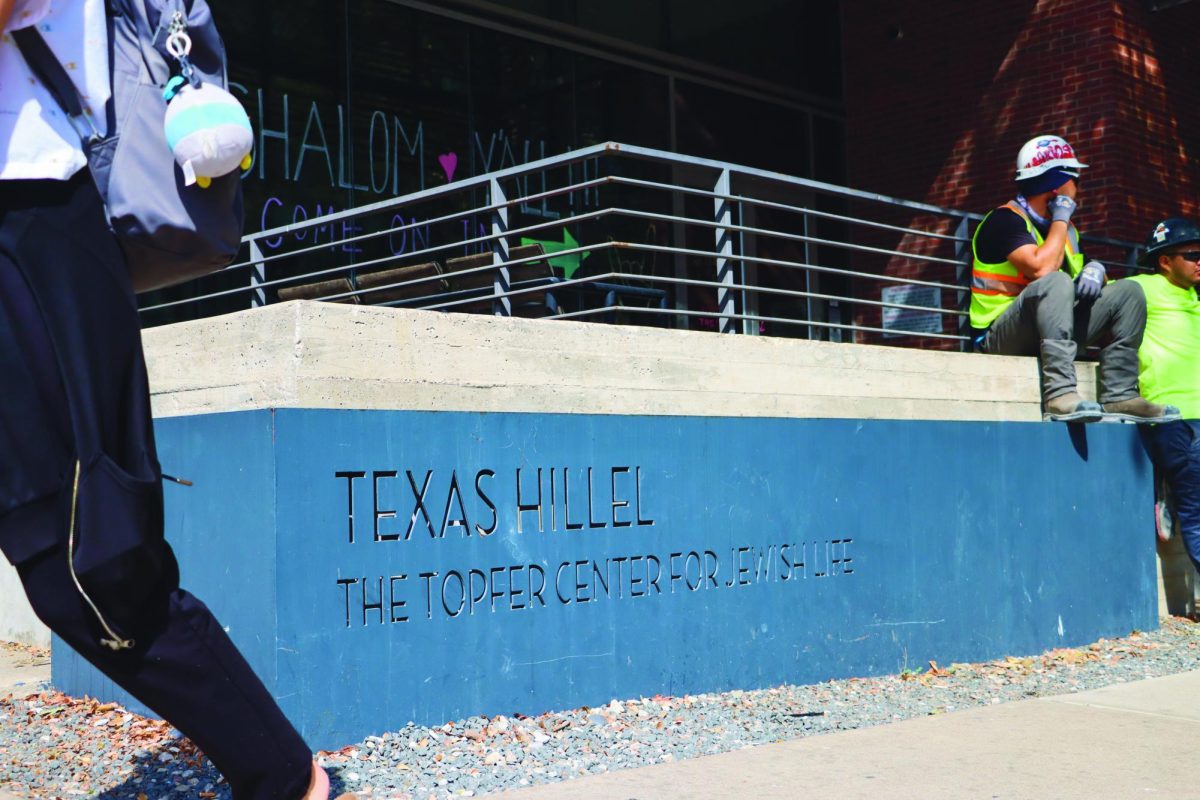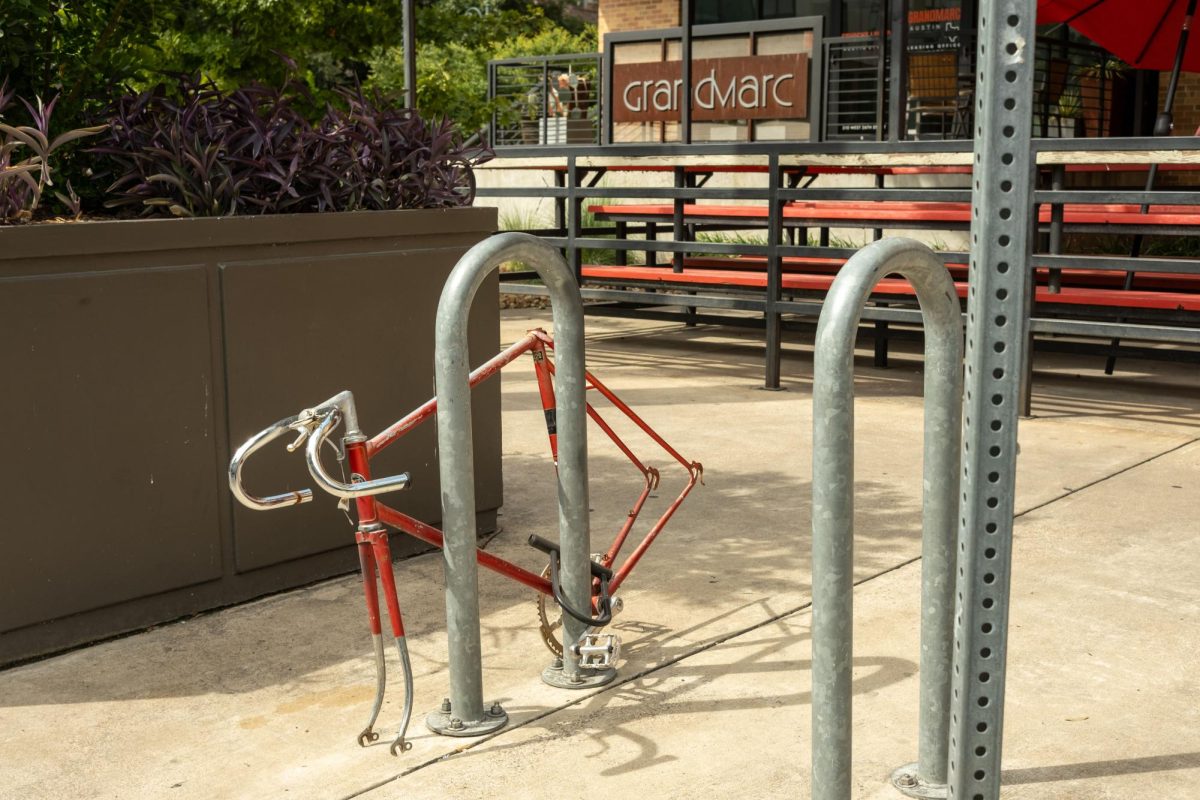The UT Police Oversight Committee has not met since February, but University officials are planning for the committee to meet soon and be more “hands-on” in overseeing the UT Police Department this school year.
The Police Oversight Committee serves as the University’s primary form of communication between UTPD and the UT community by ensuring UTPD’s policies and operations keep the community safe, according to its website. The committee reviews informal complaints from the UT community and can meet with UTPD leadership or UT President Gregory Fenves to address potential concerns.
Committee Chair Bill Spelman said he is planning to schedule the first committee meeting after speaking with UTPD Chief David Carter next week. After Fenves and his chief of staff Carlos Martinez spoke with him, Spelman said the committee will address homelessness and Senate Bill 18.
Spelman said while the University has created new policies addressing SB 18, which made most outdoor spaces at UT open to the public for free speech and expression in September, the policies are not yet public. Spelman, a professor at the Lyndon B. Johnson School of Public Affairs, said the committee will also discuss how UTPD will enforce the new city ordinance that relaxes restrictions on where homeless people can camp, sit and lie in public areas.
Carter said he usually introduces UTPD’s practices and structure at the committee’s first meeting of the school year. According to an email sent to student committee representatives, the committee usually meets four times every school year.
“(Some) people … may have bad experiences with the police,” Carter said. “It’s good to (address) those kinds of situations (at these meetings). I want UTPD to be a learning organization, a serving organization, one that understands what its mission is — and that ultimately is to protect and serve our community, make sure that people are not only safe, but feel safe.”
Lynn Huynh, an advertising and women and gender studies junior, said she was not sure if she wanted to be a part of the committee when she was appointed to it through an email in August from Fenves’ office.
“I do want the opportunity to … learn how institutionalized methods of policing work while being able to keep them in check and ensure the safety of students over anything else,” Huynh said. “But at the same time I’m uncertain about … what tangible changes will actually come out of that.”
Spelman said he has worked with police departments for more than 40 years. He said he thinks UTPD has a good reputation with the UT community, but he wants to see them be more proactive in listening to the community and solving recurring issues.
“The only example of something like this that I’ve seen in UTPD’s record over the last 20 years is bicycle theft, which they actually did a pretty good job on about 10 years ago,” Spelman said. “They don’t have a lot of serious crime to deal with, so they have a little more time on their hands to actually do this kind of proactive stuff and to head problems off and not just respond to them all the time.”




















